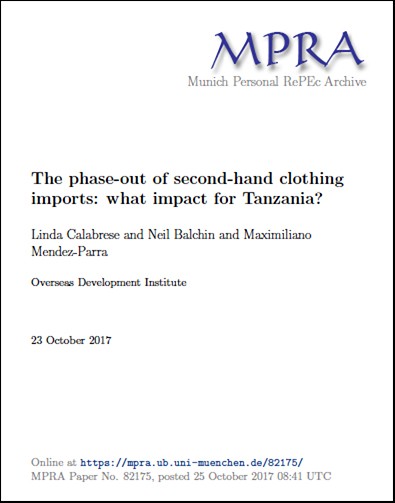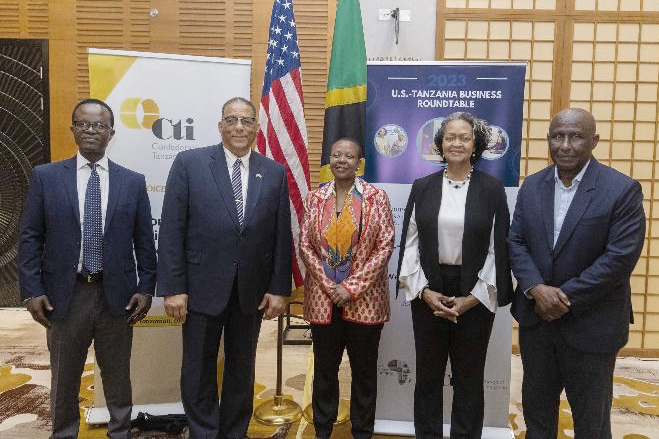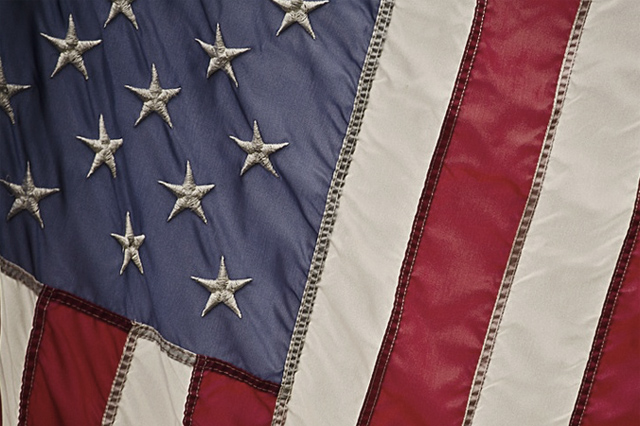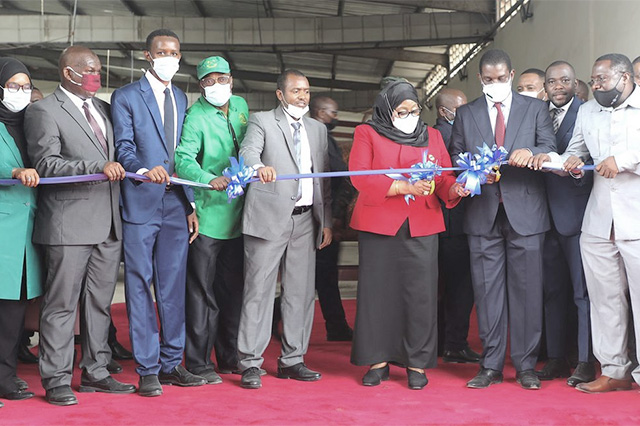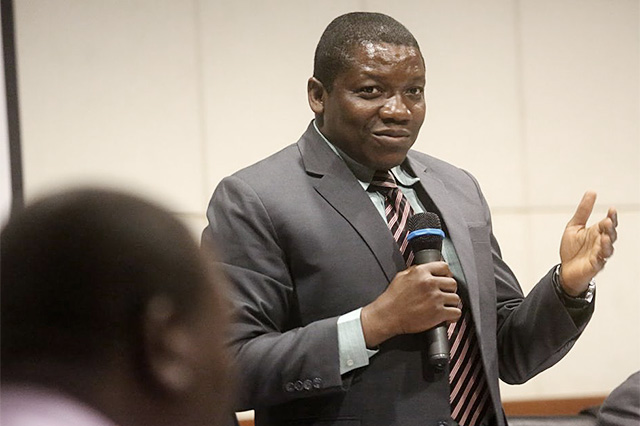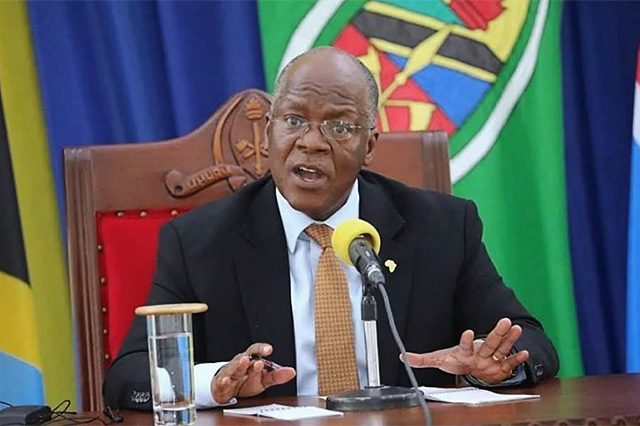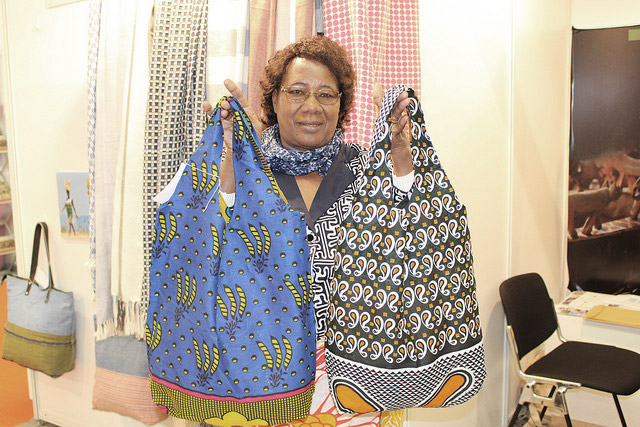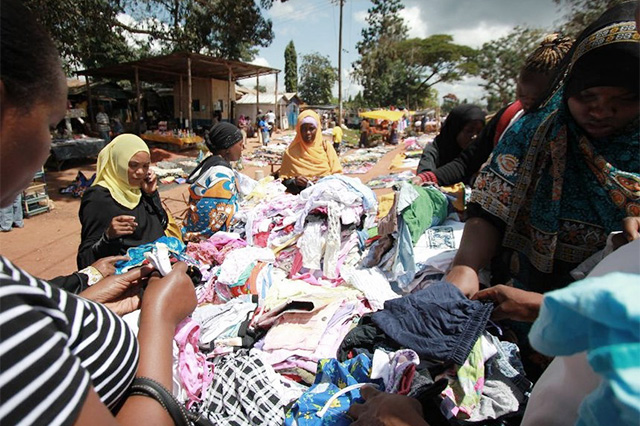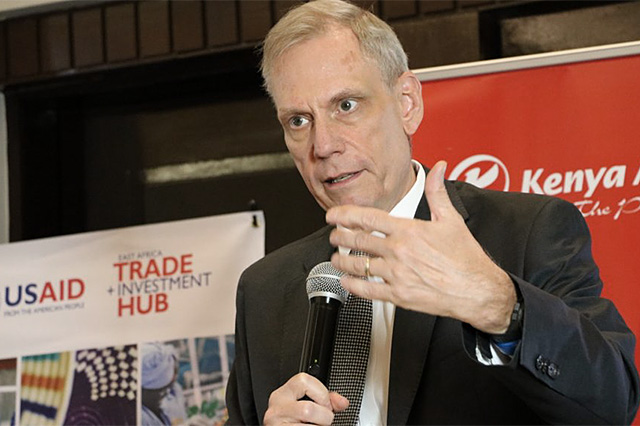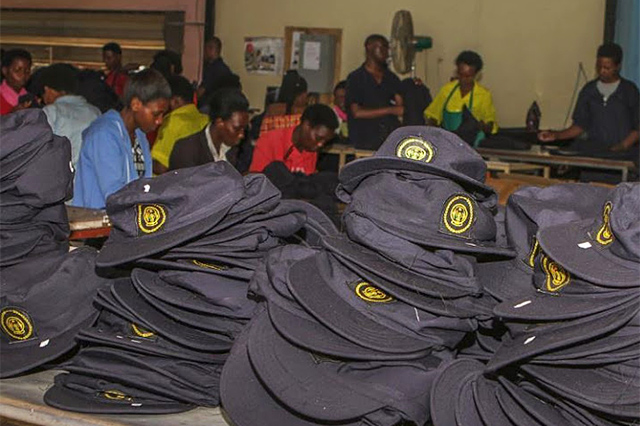The phase-out of second-hand clothing imports: what impact for Tanzania?
The East African Community has begun phasing-out imports of second-hand clothing to promote the development of the domestic garment sector. Using trade data and information obtained from the exporters, this study produces the first estimate of disaggregated imports of second-hand clothing in Tanzania. The net import of used clothing is estimated at over 540 million pieces per year, compared to a domestic production of new clothing of 20 million pieces and import of 177 million pieces of new clothing. This study assesses the short-term impact of the phase-out on the domestic garment sector. Depending on the substitutability between new and used clothing, the phase-out could prompt increased import of new clothing. It could also prompt employment losses and generate costs for the poorest consumers. In the longer term, the phase-out is unlikely to promote the development of the garment sector unless the existing constraints are properly addressed.


